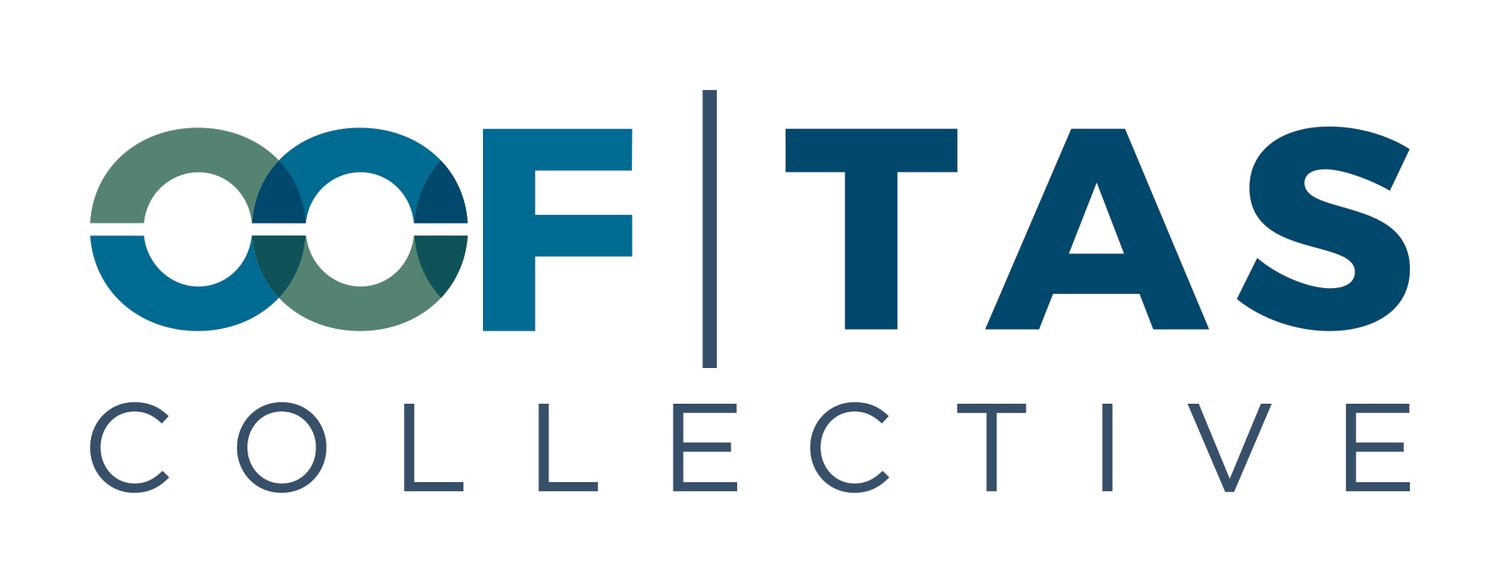Exploring “Teaching Out-of-Field”: International Perspectives on Teaching as a Non-Specialist
Editors: Linda Hobbs and Günter Törner
Due for submission to Springer Publishers in 2018
Synopsis
This book identifies and surveys the major themes around teachers who teach subjects or year levels for which they have no specialisation. Internationally this practice has many names, most notably out-of-field teaching , but also teaching across specialisations (TAS), non-specialist teaching, or teaching out-of-area, for example. This practice often requires teachers to teach specialisations they do not have a background in, while also teaching within their specialisations (in-field), although not always. This movement across in-field and out-of-field specialisations carries with it challenges, implications for teacher and student learning, and sometimes opportunities that might not normally be experienced if teaching only within their specialisation. Internationally, this practice is becoming recognised as an issue of import, with research showing impacts on the nature of teacher knowledge, identity and practice, impacts on student outcomes, and negative experiences associated with teacher stress and attrition, unsympathetic school cultures and leadership practices, and policy settings that sideline the issue.
This book arises out of collaborations between members of an international group of researchers and practitioners called the Teaching Across Specialisations (TAS) Collective, who held their inaugural international symposium in 2014 in Portugal, and annually since.
While the TAS Collective is principally comprised of mathematics and science educators and researchers, the issue of teaching out-of-field is examined more broadly than these two subjects in this edited book. Further, specialisation is often associated with secondary or high schools where teachers are generally specialised according to their disciplinary training; however, out-of-field teaching has also been associated with year level specialisations, levels of teacher qualifications, and more generally, any instance where teacher qualifications do not match the teaching assignment (including in primary schools and adult education). Ultimately, the notion of out-of-field teaching raises tensions between qualifications and teacher experience (do qualifications matter?), and contemporary and traditional constructions of the teacher (are teachers facilitators or educators?). This book explores the many issues that are raised for teachers, and by implication other key stakeholders that influence or are influenced by out-of-field teaching.
Section I: Teaching out-of-field as a world-wide phenomenon: Defining and understanding a contextualised issue
Ch 1 Theoretical and practical perspectives of teaching out-of-field
Ch 2 Measuring teaching out-of-field
Ch 3 teaching out-of-field internationally
Section II: The Complexity of teaching out-of-field
Ch 4 Examining the complexity of the teaching out-of-field experience through different theoretical lenses
Ch 5 Teacher knowledge and quality: what does a teacher need to know to be a competent subject specialist teacher
Ch 6 Subject specific demands of teaching: Implications for out-of-field teachers
Ch 7 Out-of-field teaching affecting students and learning: What is known and unknown
Section III: Confronting dilemmas and addressing the issues of teaching out-of-field
Ch 8 Key stakeholders: Who is responsible?
Ch 9 The teacher in context: The importance of the school environment and context in supporting out-of-field teachers
Ch 10 Initial teacher education: Roles and possibilities for preparing capable teachers
Ch 11 Teacher learning and continuing professional development
Ch 12 Synthesis and future thinking about teaching out-of-field

